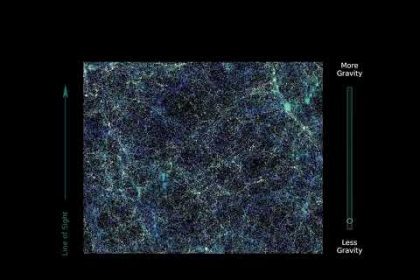Researchers say that the warming of snowy areas in the winter will increase the speed of snow melting in them. This issue has also affected the whole northern hemisphere and the amount of snow accumulation in the river basin of this region has been greatly reduced.
According to Tekna technology news service, Justin Menkin, a professor of geography at Dartmouth College and one of the authors of the study of climate change caused by human activities, told the New York Times: Currently, he has witnessed the rapid melting of snow, and beyond that, he has witnessed the disappearance of all snow. we will be If the amount of snow decreases, the total mass of the snow mass on the ground will also decrease. This could have worrisome consequences in places that depend on spring snowmelt for water supplies.
Currently, there is so little snow on the ground in some areas that it may not even last until the end of winter. One of the effects of climate change is an increase in rainfall in the short term. In this way, snowfall and blizzards have increased, but when the weather warms up, these snows will melt faster and will not remain on the ground as a mass of snow.
Another important point when studying the amount of snow accumulation on the ground is its potential consequences. White snow can reflect sunlight while dark ground absorbs light and heat. If there is a serious reduction in snow accumulation and its removal from the earth, the feedback loop will make the planet warmer and warmer.
RCO NEWS
















